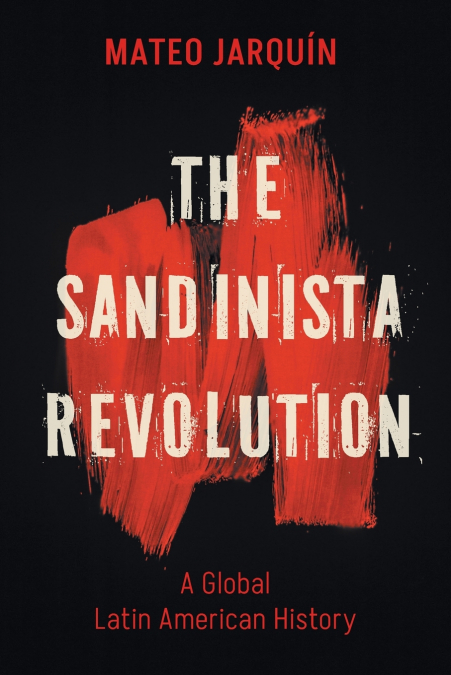
 Librería Perelló (Valencia)
Librería Perelló (Valencia)
 Librería Aciertas (Toledo)
Librería Aciertas (Toledo)
 El AlmaZen del Alquimista (Sevilla)
El AlmaZen del Alquimista (Sevilla)
 Librería Elías (Asturias)
Librería Elías (Asturias)
 Librería Kolima (Madrid)
Librería Kolima (Madrid)
 Donde los libros
Donde los libros
 Librería Proteo (Málaga)
Librería Proteo (Málaga)
The Sandinista Revolution and its victory against the Somoza dictatorship in Nicaragua gripped the United States and the world in the 1980s. But as soon as the Sandinistas were voted out of power in 1990 and the Iran Contra affair ceased to make headlines, it became, in Washington at least, a thing of the past. Mateo Jarquin recenters the revolution as a major episode in the history of Latin America, the international left, and the Cold War. Drawing on research in Nicaragua, Cuba, Mexico, Panama, and Costa Rica, he recreates the perspective of Sandinista leaders in Managua and argues that their revolutionary project must be understood in international context. Because struggles over the Revolution unfolded transnationally, the Nicaraguan drama had lasting consequences for Latin American politics at a critical juncture. It also reverberated in Western Europe, among socialists worldwide, and beyond, illuminating global dynamics like the spread of democracy and the demise of a bipolar world dominated by two superpowers. Jarquin offers a sweeping analysis of the last left-wing revolution of the twentieth century, an overview of inter-American affairs in the 1980s, and an incisive look at the making of the post–Cold War order.